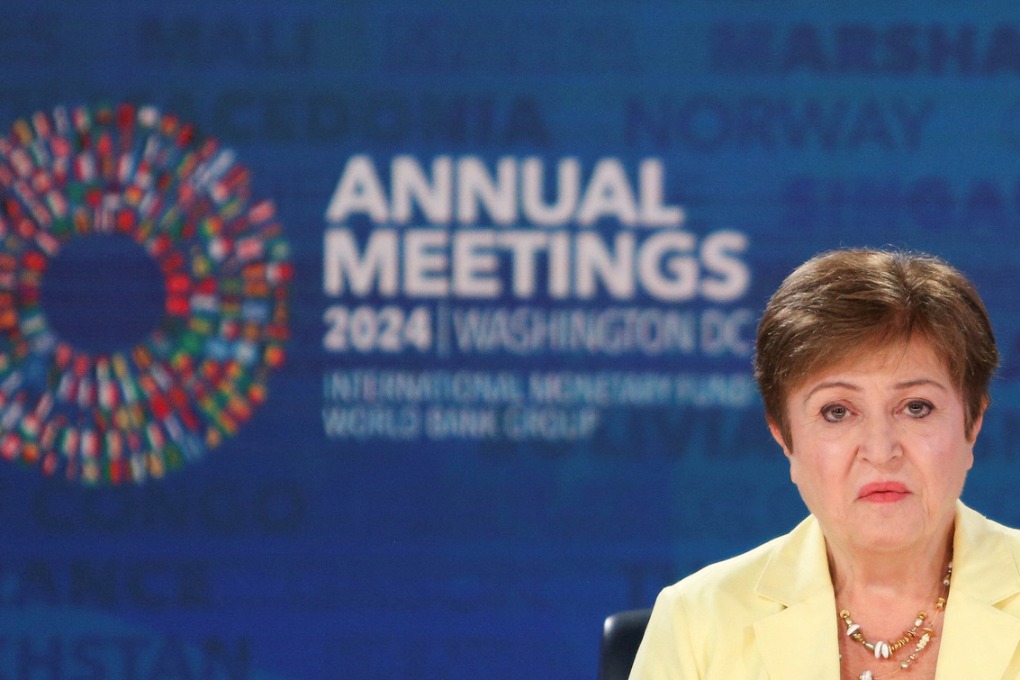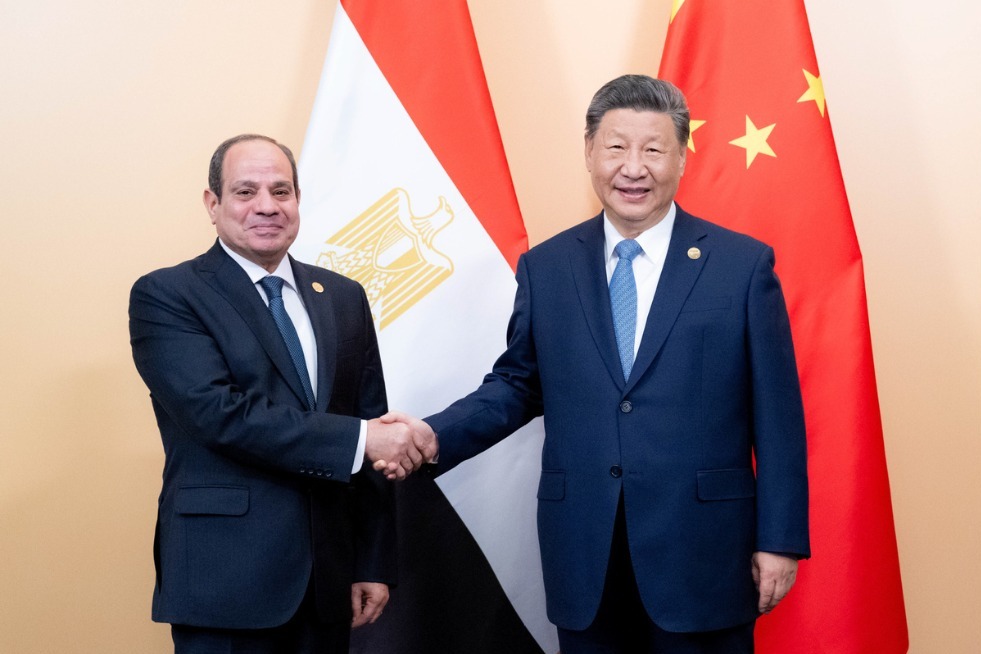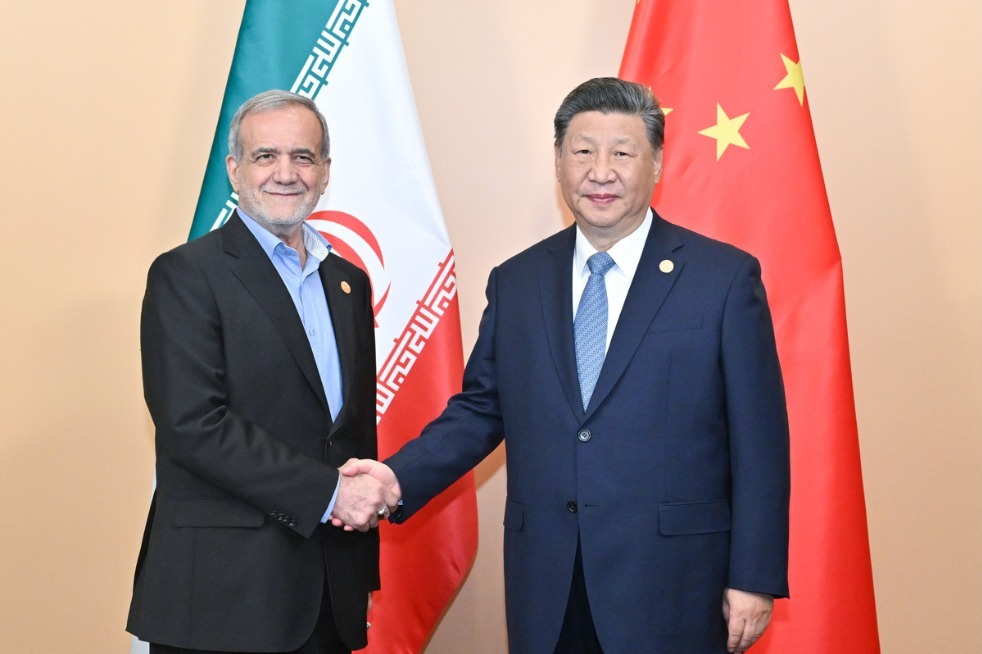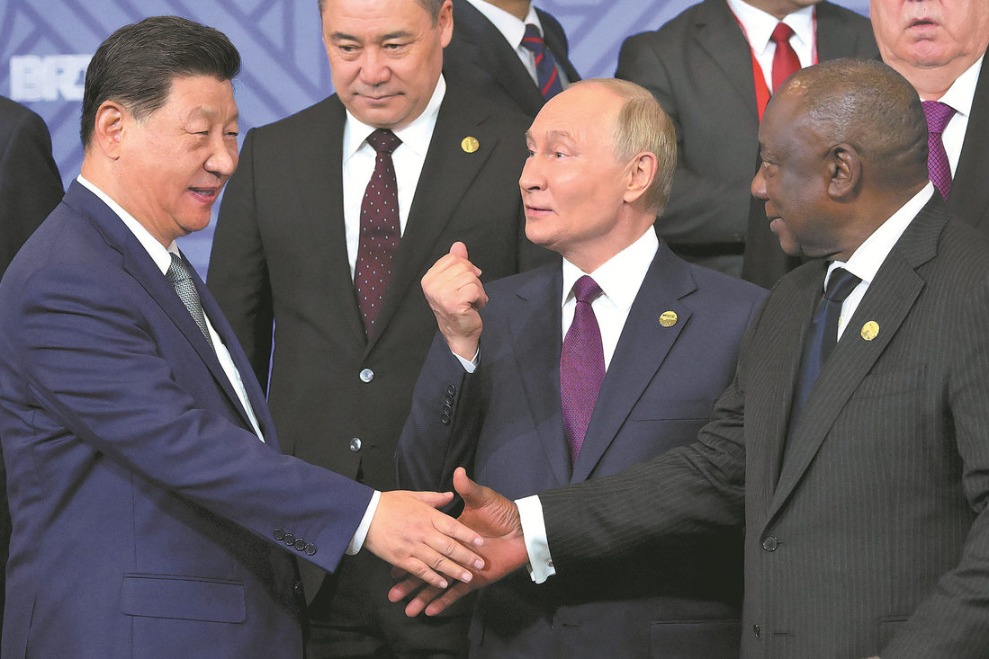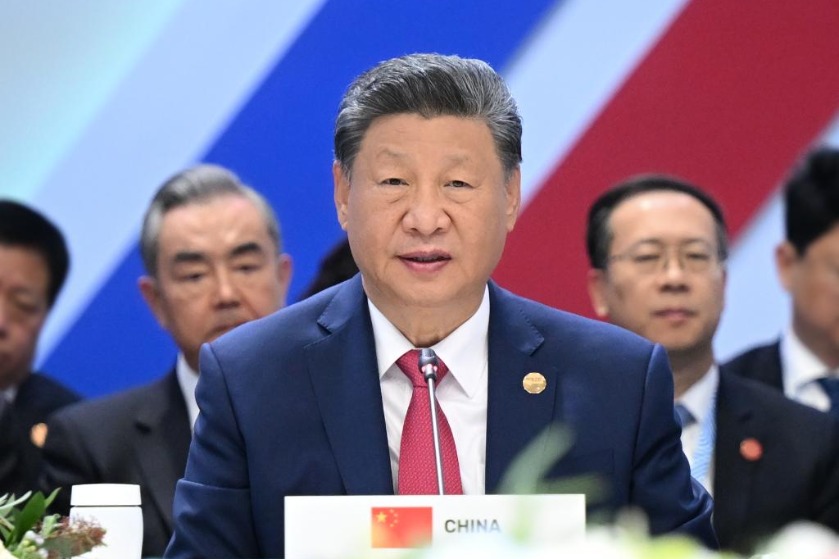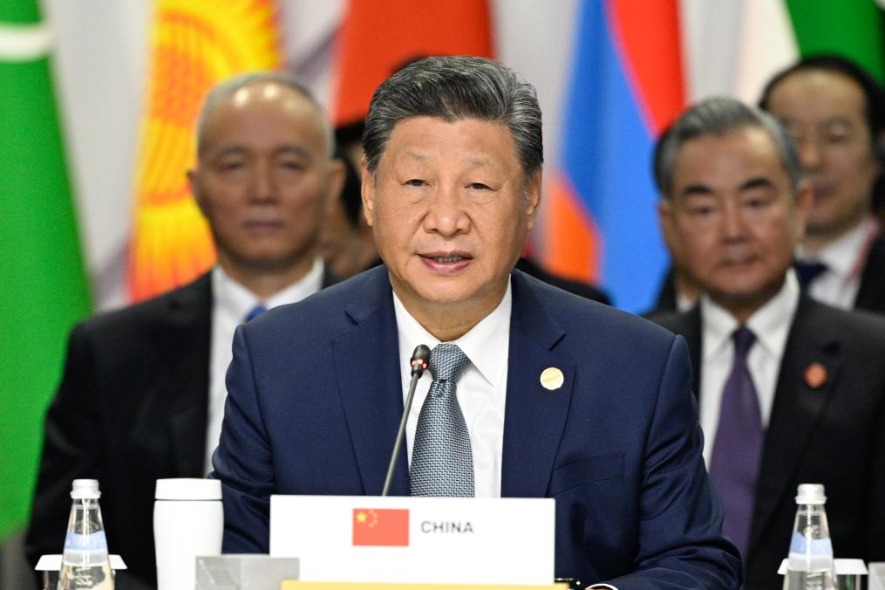Deeper cooperation expected
Pakistani envoy to China anticipates room for partnership on technology

As China forges ahead with its path toward high-quality development and sci-tech self-reliance, Pakistan stands ready to deepen the "ironclad" partnership through enhanced economic cooperation and technological collaboration, said Khalil Hashmi, the nation's top envoy to Beijing.
In an exclusive interview with China Daily during his recent trip to Shanghai, Hashmi welcomed the comprehensive decision adopted at the third plenary session of the 20th Central Committee of the Communist Party of China that laid out an effective road map for shaping China's more resilient economy over the next five years and beyond. (Video)
There is an emphasis on innovation, giving full play to new quality productive forces like digital and green development, as well as people-centered philosophies, Hashmi noted.
"We can pursue joint ventures, research and development and promote educational exchanges in these cutting-edge fields," he said.
This augurs a new phase in the time-tested friendship, often described as a bond between "iron brothers" and "all-weather strategic partners".
The two nations established diplomatic ties in 1951.
"This relationship is unique — it has withstood many tests of times and changes and has no precedent in modern times," Hashmi affirmed.
Whether it was the 2008 Wenchuan earthquake, the 2010 and 2022 floods in Pakistan, or the COVID-19 pandemic, each nation has rushed to the other's aid, demonstrating the spirit of solidarity as the most trusted and most reliable friend, Hashmi recalled.
It is the China-Pakistan Economic Corridor — the flagship project of China's transcontinental Belt and Road Initiative — that has become the modern lodestar of bilateral cooperation. According to the ambassador, CPEC has brought more than $25 billion in investments across nearly 50 projects in just a decade. CPEC is also seen as a gateway for wider regional integration.
"We have also agreed to extend this corridor to the region, and make it more inclusive by bringing in other interested nations to create an economically interconnected region for the ultimate welfare of people of this region," the envoy added.
The corridor has helped Pakistan substantially improve infrastructure like transportation and the energy sector. "Having achieved that, we are now moving into industry and manufacturing, with a lot of focus on joint ventures."
During Pakistani Prime Minister Shehbaz Sharif's visit to China in June, more than 30 memorandums of understanding were signed between 250 Chinese and 105 Pakistani companies across 13 sectors. "The idea is to benefit from Chinese capital, technology, management practices, and efficiency to enhance our productive capabilities — I see it as a win-win."
The 13 sectors, encompassing information technology, mines and minerals, pharmacy, agriculture and electric vehicles, among others, represent areas where China's technologies can be transferred to foster growth in Pakistan.
Hashmi considers green technologies as one of the key areas — producing electric vehicles, solar panels, wind turbines and ion batteries, as China has developed these technologies at a large scale and at very affordable prices, enabling developing countries to benefit from these new technologies.
Complementing economic ties, Pakistan is also an eager partner in China's other leaps.
"China has established an international space center and has launched missions to the moon and Mars, demonstrating its capabilities in space technology," Hashmi said, highlighting the recent inclusion of Pakistan's ICUBE-Q satellite in China's Chang'e 6 lunar mission.
China has played a constructive regional and global role as a force for peace, development and conflict resolution, the ambassador said, citing its support for the rapprochement between Iran and Saudi Arabia and the recently inked Beijing Declaration on Ending Division and Strengthening Palestinian National Unity.
China has demonstrated it is a force for positive change globally and Pakistan looks forward to working closely with China at the UN Security Council and multilateral platforms to voice developing nations' economic and security interests, Hashmi stated.
While strategic priorities have evolved over decades, an abiding people-to-people connection remains the bedrock of China-Pakistan ties.
Hashmi also spoke of encouraging and attracting Chinese investments in Pakistan and promoting joint ventures. "My aspiration is to see our bilateral trade, currently around $23 billion, enhanced significantly in the next two years."
















